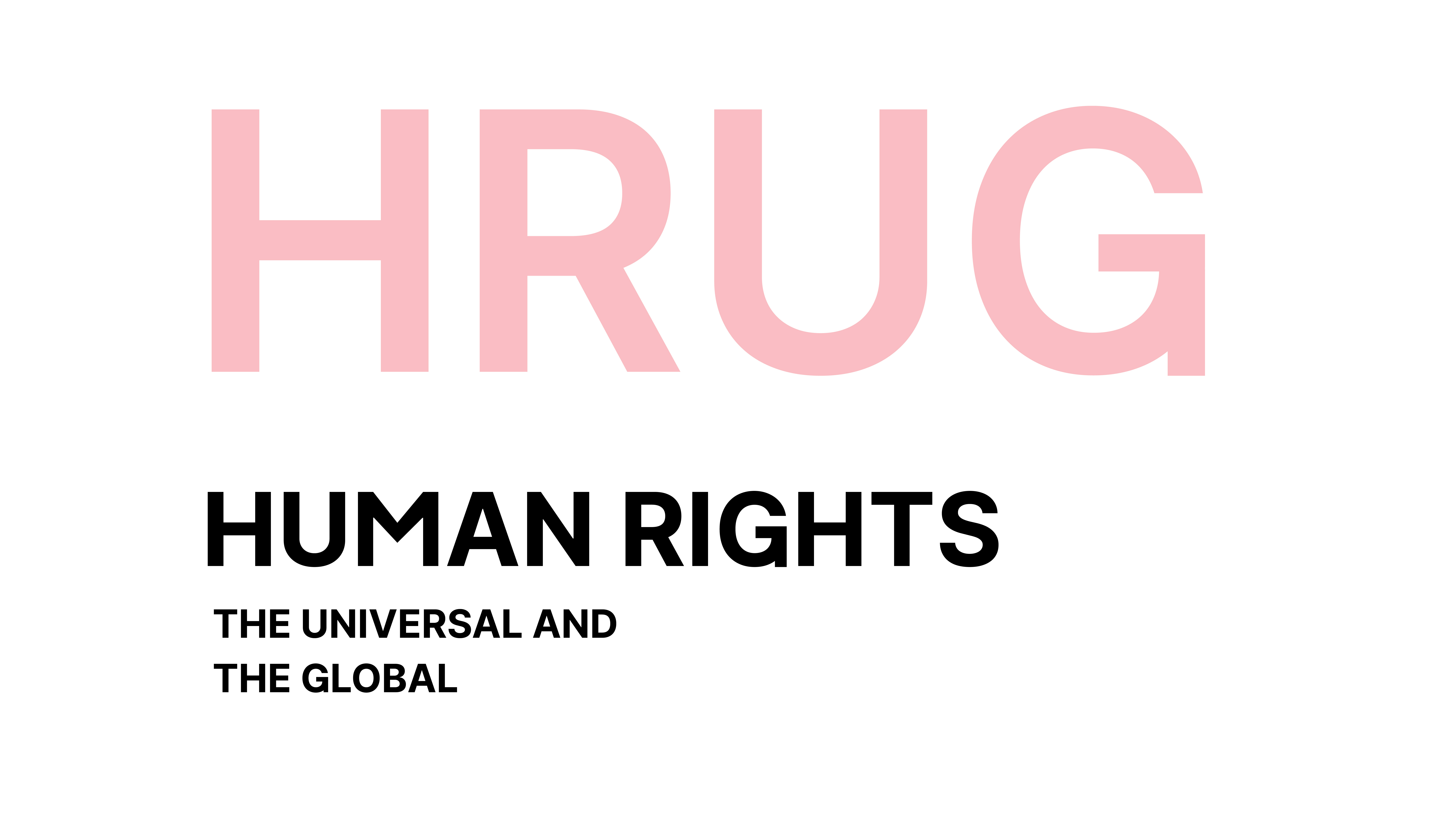It seems to be a small thing – and it also seems to not relevant when discussing fundamental rights, in particular the right to access education. But a closer look, crossing the borders of the sandboxes that serve as building blocks of modern societies, reveals a somewhat mysterious picture of today’s bogus existence:
The first box, sandbox of the rich and superrich: private schools re booming, not denying access to education – at least there are still the public school; nevertheless, drawing a clear line within the educational system – some insight can be gained from a video titled Privatschule oder Pech gehabt? Wenn Bildung vom Geld abhängt (Private school or just bad luck? When education depends on money)
it is in German, dealing with the German system and provides some insight into legal ‘tricks’: the basic law allows private schools only if
segregation of pupils according to the means of their parents will not be encouraged thereby (article 7.4)
A simple redefinition offers a way to open private schools and charge exceptionally high fees: the condition is that the school is not “replacing” a public school but a supplementary offer. Some legal details allow to deal also with the fact that in Germany education is compulsory -this is not of interest here. Of interest is that the film presents a pupil who nearly failed in the public system but hopes to achieve top marks at the private school.
The second box: Looking at today’s economy one of the key terms is ’start up’. One gets the impression of a world full of successful Schumpeterian entrepreneurs, especially young people, often with little investment, making the step from the garage to the top of the world’s CEOs. That even the most successful are not necessarily in stable positions: in recent times many suggest that the dot-com bubble will witness soon a revival, then as AI-bubble. Leaving this aside, the more important fact is that various estimates suggest that there are about 10 to maximum of 20 percent successful – and even this does not mean that all of them are reaching the ‘top charts’.
However, the third sandbox comes into play: a vast number of consultancies, offering jobs for analysts, consultants etc, most of them probably well-paid … and it is not unlikely that we find here those who had been educated in those private schools where one of the unspoken subjects is ‘networking’, acquiring ‘social capital’.
Yes, article 26.3 of the Universal Declaration of Human Rights states that
Parents have a prior right to choose the kind of education that shall be given to their children.
However, reading article 29.3.
These rights and freedoms may in no case be exercised contrary to the purposes and principles of the United Nations.
suggests that we are confronted with a problem of choice between conflicting rights.
